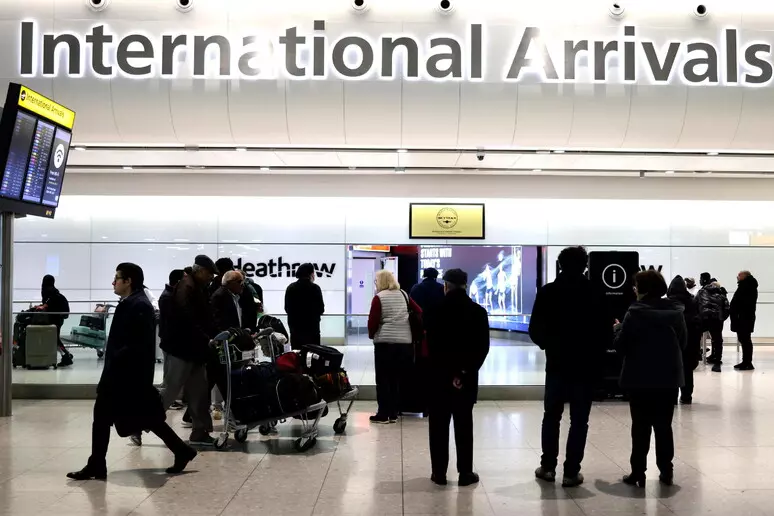On Monday, the new travel ban signed by President Donald Trump went into effect, targeting citizens from twelve countries, mostly African and Middle Eastern. The measure, part of the administration’s broader immigration crackdown, has reignited national and international debate over legality, discrimination, and security.
The presidential proclamation, signed last week, applies to citizens from Afghanistan, Myanmar, Chad, the Republic of the Congo, Equatorial Guinea, Eritrea, Haiti, Iran, Libya, Somalia, Sudan, and Yemen. The ban blocks entry for anyone who does not already possess a valid visa. In addition, stricter restrictions have been imposed on individuals residing in Burundi, Cuba, Laos, Sierra Leone, Togo, Turkmenistan, and Venezuela.
According to the guidelines issued to U.S. embassies, previously granted visas will remain valid, but from now on, new applicants will be subject to very strict criteria. Unless they qualify for rare exemptions, their applications will be denied.
Unlike the confusion and chaos that followed the first controversial executive order in 2017 targeting Muslim-majority countries, no major disruptions were reported at major airports in the first hours after the new ban took effect.
Several immigration experts argue that this time the travel ban has been drafted with greater legal precision, focusing on the visa issuance process rather than a total closure. Trump claims that the countries involved lack proper identity verification systems and has accused them of failing to cooperate in repatriating their own nationals. He also cited data from the Department of Homeland Security concerning the number of individuals who overstay their visas: eight of the twelve targeted countries reportedly show high overstay rates.
The president further linked the new restrictions to a recent attack in Boulder, Colorado, stating that the incident highlighted the risks posed by visitors who remain illegally in the United States. However, the suspect accused of the terrorist act is from Egypt a country not included in the travel ban list.
The measure has prompted swift reactions from humanitarian groups and refugee resettlement organizations. Abby Maxman, president of Oxfam America, an international NGO fighting inequality, stated that the policy does not address security concerns but rather aims to divide and stigmatize migrant communities.
Particular outrage has been sparked by the inclusion of Afghanistan among the banned countries. Several groups working to resettle Afghan refugees expressed deep disappointment, recalling that thousands of Afghans had collaborated for years with U.S. forces and government agencies during the prolonged conflict that began in 2001 following the September 11 attacks.
Under the new rules, exceptions are made only for holders of Special Immigrant Visas, typically granted to those who worked directly with the U.S. government during its military presence in the country.
Until September 2024, Afghanistan had been one of the main sources of resettled refugees in the United States, with around 14,000 arrivals over the span of a year. The resettlement program was suspended by the GOP leader on his first day in office at the White House.












